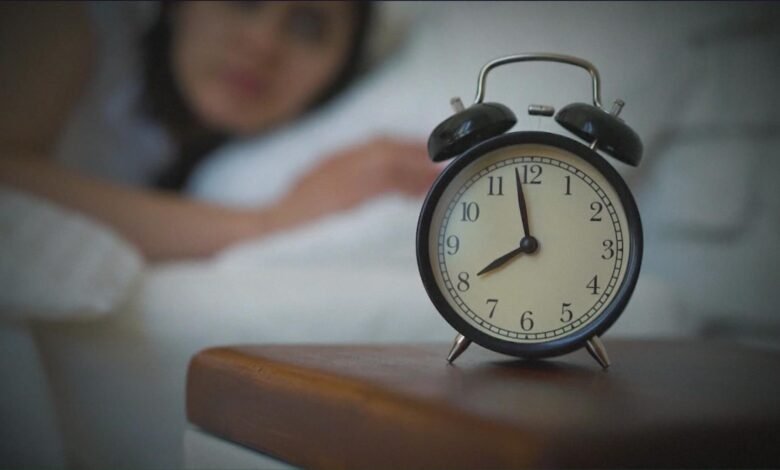How Time Change Affect Your Sleep

Do you know how time changes affect your sleep? On Nov. 6, when daylight saving time came to an end, our clocks had to “fall back” one hour. This means that a lot of individuals will need to adjust to going to work in the daytime and returning home at night.
The purpose of switching to daylight saving time, when we “spring forward” our clocks by one hour every spring, is to make greater use of the sunlight in the evenings. We get extra morning sunlight when we return to standard time in the fall.
You might be wondering if setting the clock back one hour can harm your sleep as you attempt to adapt to the time change. Your top inquiries on reverting to standard time were addressed to Dr. Gary Levinson, a board-certified internal medicine and sleep medicine specialist with Sharp Rees-Stealy Medical Group.
Read More: Why are dental and health insurance separate?
Will the end of daylight saving time affect how I sleep?
In general, people should be hardly affected by the one-hour time change. The late afternoon may make you feel more worn out. Teenagers may function better with an earlier wake-up time because the time change mimics their circadian rhythm, or sleep pattern. The converse, however, might be experienced by older folks who may not function as well because their circadian rhythms are typically tuned to early rise and early bedtimes.
What actions ought I to take to lessen the effects?
Use natural light as much as possible during the day and as little artificial light as possible at night, particularly from TV, computer, or smartphone screens used in bed. Attempt to resist the urge to take a nap. It’s acceptable to take naps occasionally, especially on the weekends when you could be tired after a long week at work or after too much exercise. But frequent naps can actually make it harder to sleep at night.
Can I benefit from the additional hour of sleep?: Time Change Affect Your Sleep
Yes, those who are a little sleep deprived might benefit from the extra hour. Like a bank account, sleep is. You incur a sleep debt when you don’t get enough sleep at night. You may assure that you repay your obligation and get a complete eight hours of sleep by using that hour.
After daylight savings time ends, should I go to bed at the same time, an hour earlier, or an hour later?
Because of the hour that has been preprogrammed into your body clock, you could first feel like going to bed early. You might wake up an hour earlier than usual if you don’t persevere and stay up till your regular bedtime. According to the general rule, it will take one day for every hour change to adjust, so you should anticipate becoming accustomed to the new time after one or two days.
Read More: 4 Best Reasons to Become a Mental Health Counselor
Year-round sleep improvement: Time Change Affect Your Sleep
Dr. Levinson advises keeping a regimen that permits for sufficient total sleep time each night if you discover that you are having problems falling asleep, whether it is during standard time or daylight saving time. You should teach your brain to have a timetable, he advises. “Create a schedule for when you want to wake up in the morning and attempt to go to bed at the same time every night.”
In order to have good sleep, you need also:
- Everyday exercise. You can get deeper sleep by engaging in aerobic activities like swimming, cycling, and running, but try to avoid working out just before bed.
- Be mentally clear before going to bed. Early in the evening, make a to-do list to prevent lying in bed fretting about the following day.
- Establish a restful sleeping environment. Make sure your pillows and bed are comfy, dim the lights, turn off any distracting noises, and maintain a pleasant temperature in the room.
- Relax. Take a warm bath, read a book, or engage in another soothing activity before bed to help you relax.
- Be careful not to use electronics right before bed. Yoga, deep breathing, or listening to music are all better calming activities to engage in unless the intensity is reduced and blue light filters are turned on.
Dr. Levinson advises speaking with your physician if you try these measures but still have difficulties falling or staying asleep or have excessive daytime sleepiness. For sleep disturbances, there are numerous treatments available.








One Comment